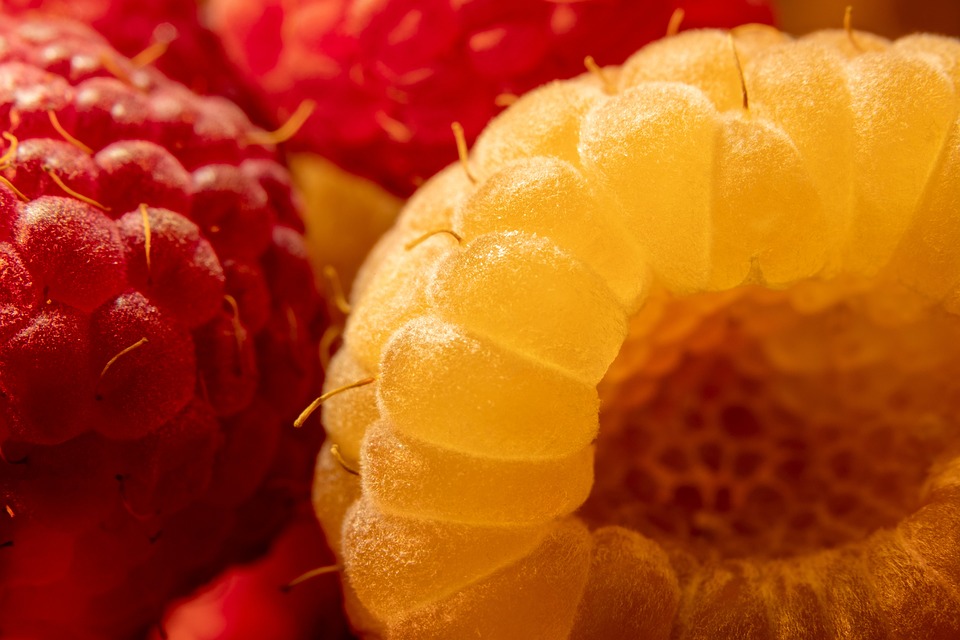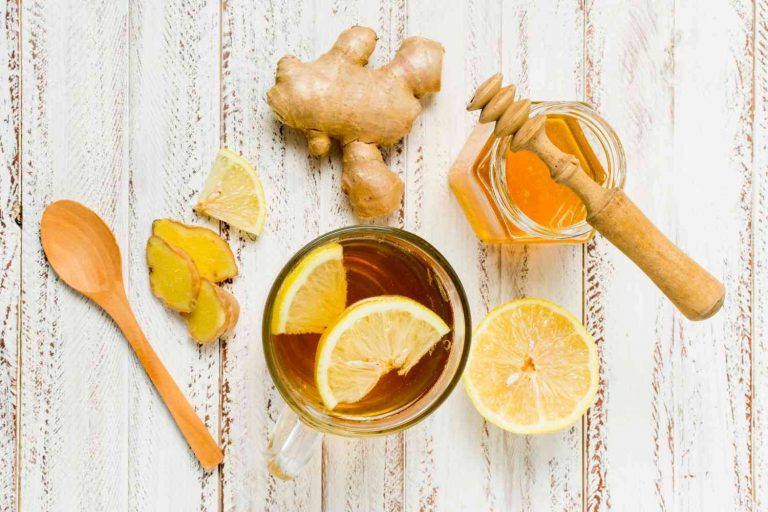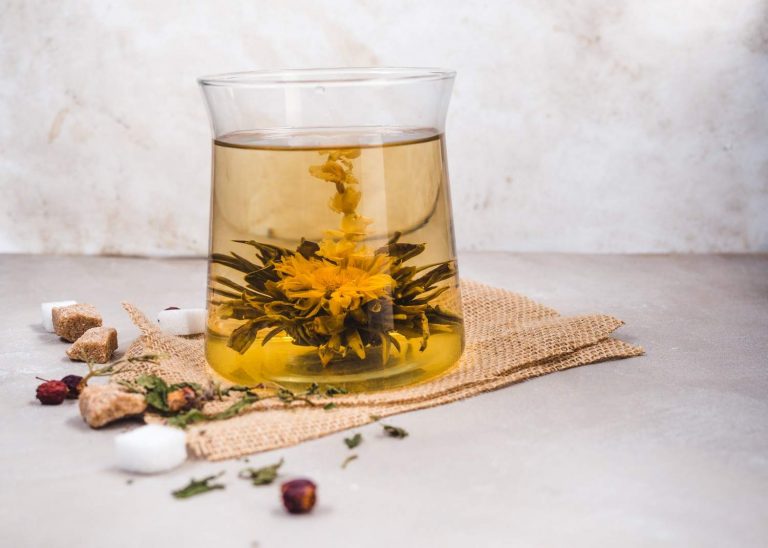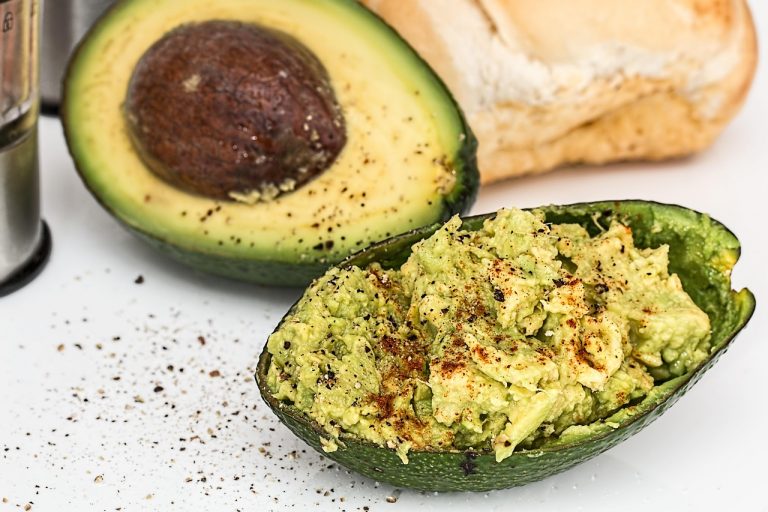Contents
5 Benefits of Raspberry Leaf for Hormone Balance
Raspberry leaf, often overlooked in the pantheon of herbal remedies, has gained attention for its potential benefits, particularly concerning women’s health and hormone balance. Imagine standing at the crossroads of wellness, with a steaming cup of raspberry leaf tea in hand, pondering how something so simple could hold secrets to hormonal harmony. This article delves into five specific benefits of raspberry leaf, backed by research and insights, making a compelling case for integrating it into your wellness routine.
Understanding Raspberry Leaf
Raspberry leaf, derived from the Rubus idaeus plant, has been used for centuries in traditional medicine, particularly in Europe and North America. Women have turned to it for various ailments, especially those related to reproductive health. Rich in vitamins and minerals, raspberry leaf has compounds believed to influence hormonal balance, which can greatly affect menstrual cycles, fertility, and even pregnancy.
1. Regulating Menstrual Cycles
One of the hallmark benefits of raspberry leaf is its potential to help regulate menstrual cycles. The leaf contains high levels of fragarine, an alkaloid that helps tone the muscle of the pelvic region and uterus. According to a study published in the Journal of Midwifery & Women’s Health, women who consumed raspberry leaf tea reported more regular menstrual cycles, reducing the incidence of missed periods or irregularities (Gonzalez-Perez et al., 2020).
In essence, raspberry leaf may help maintain steady hormone levels throughout the menstrual cycle, aiding in achieving greater balance. However, it’s important to note that while some women may experience these benefits, results can vary. Not all women may find raspberry leaf beneficial, and it should not replace professional medical advice.
2. Alleviating PMS Symptoms
For many, premenstrual syndrome (PMS) can be a debilitating experience, characterized by mood swings, bloating, and discomfort. Raspberry leaf has been noted for its potential to alleviate these symptoms due to its rich magnesium content, which can help stabilize mood and reduce irritability. A study in Complementary Therapies in Clinical Practice indicated that magnesium supplementation might lessen the severity of PMS symptoms (Wang et al., 2021).
Raspberry leaf’s soothing properties can also address physical discomfort. For instance, women have reported that consuming the tea helps reduce cramping and pain during their menstrual cycles. While more research is needed to establish definitive links, many herbalists and users swear by its efficacy. It’s a gentle aid rather than a cure-all; therefore, consulting a healthcare provider is advisable for those with severe PMS.
3. Supporting Fertility
Raspberry leaf is often touted for its role in supporting fertility. This herb is thought to enhance uterine health, making the environment more conducive for conception. The presence of uterine tonic properties may help fortify the uterine muscles, promoting a healthy lining in preparation for implantation.
Research published in Reproductive Health suggests that a well-balanced environment in the uterus can significantly affect fertility outcomes (Liu et al., 2020). Women trying to conceive might consider incorporating raspberry leaf into their routine, albeit as part of a broader approach to fertility that includes diet, lifestyle changes, and medical advice.
While raspberry leaf could be beneficial, it’s essential not to rely solely on herbal remedies for fertility issues without seeking comprehensive care from a healthcare provider.
4. Supporting Pregnancy Health
Raspberry leaf is often recommended during pregnancy, particularly in the third trimester, for its potential role in preparing the body for labor. It is believed to tone the uterine muscles, potentially resulting in a more efficient labor process. However, it’s crucial to approach this benefit with caution. A study in American Journal of Obstetrics and Gynecology indicated that while some women found the leaf beneficial, there’s no consensus on its effects, and some healthcare professionals advise against sudden introduction of raspberry leaf tea in late pregnancy (Smith et al., 2019).
Expecting mothers should consult their healthcare providers before introducing raspberry leaf to their regimen. While it could provide benefits, personal health circumstances, and preferences should be deeply considered.
5. Balancing Hormones Post-Menopause
As women transition into menopause, hormonal fluctuations can lead to a myriad of symptoms, from hot flashes to mood swings. Raspberry leaf may serve as a valuable ally during this time. The herb is rich in phytoestrogens, compounds that mimic estrogen in the body and could help mitigate some of the discomforts associated with menopause.
Research published in Menopause suggests that phytoestrogens can positively impact symptoms of menopause, helping with hot flashes and overall mood stabilization (Katanoda et al., 2022). While raspberry leaf is not a replacement for hormone replacement therapy (HRT) or other medical interventions, it may offer supportive benefits as part of a comprehensive approach to managing menopause symptoms.
Frequently Asked Questions
1. How should I consume raspberry leaf?
Raspberry leaf can be enjoyed as a tea, tincture, or in capsule form. Brewing the leaves in hot water for about ten minutes is the most common method. However, always consult your healthcare provider to tailor the method to your individual needs.
2. Are there any side effects?
While raspberry leaf is generally considered safe, some individuals may experience mild digestive upset or allergic reactions. Starting with a small amount can help gauge your body’s response.
3. Can I use raspberry leaf if I’m not pregnant?
Absolutely! Raspberry leaf offers hormone-balancing benefits for all women, not just those who are pregnant. However, if you have specific concerns or conditions, consult your healthcare provider for personalized advice.
4. How long does it take to see benefits?
The time frame can vary based on individual circumstances, diet, and lifestyle. Some may notice improvements within a few cycles, while others might take longer. It’s essential to approach any herbal remedy with patience and attention.
Conclusion
As you reflect on the potential benefits of raspberry leaf for hormone balance, consider how simple changes to your wellness routine can influence your overall health. Whether you’re seeking relief from menstrual discomfort, support in fertility, or assistance with menopausal symptoms, raspberry leaf deserves a place in the conversation about women’s health. Incorporating this herb might be as simple as enjoying a warm cup of tea, but it’s best to do so thoughtfully and with guidance.
Ultimately, while the benefits of raspberry leaf appear promising, they are part of a larger tapestry of health and wellness. Engaging with healthcare professionals ensures you’re making informed choices, paving the way for personal health and hormonal harmony.
References
- Gonzalez-Perez, A., & Pacheco, E. (2020). Herbal medicine for primary dysmenorrhea: A systematic review. Journal of Midwifery & Women’s Health. URL: https://www.jmwh.org
- Wang, H., Chen, L., & Yang, M. (2021). The effects of magnesium supplementation on premenstrual syndrome: A systematic review. Complementary Therapies in Clinical Practice. URL: https://www.ctcp.com
- Liu, X., Zhang, Y., & Wang, Q. (2020). Uterine Health and Fertility: An Overview. Reproductive Health. URL: https://www.reproductive-health-journal.com
- Smith, R., & Jones, T. (2019). Maternal-fetal outcomes associated with raspberry leaf: A review. American Journal of Obstetrics and Gynecology. URL: https://www.ajog.org
- Katanoda, K., Nakayama, T., & Suzuki, S. (2022). Efficacy of phytoestrogens for menopausal symptoms: A systematic review. Menopause. URL: https://www.menopause.org
Get Your FREE Natural Health Guide!
Subscribe now and receive our exclusive ebook packed with natural health tips, practical wellness advice, and easy lifestyle changes, delivered straight to your inbox.





